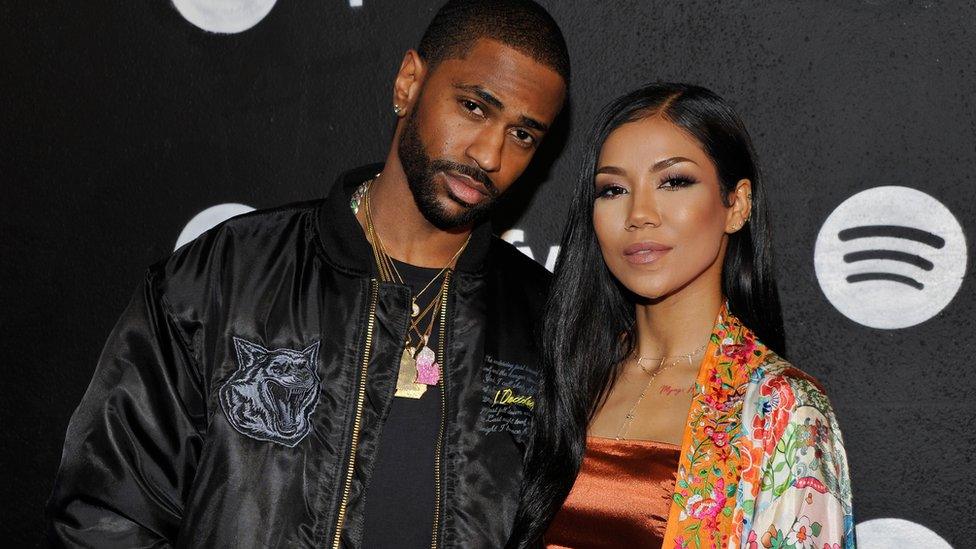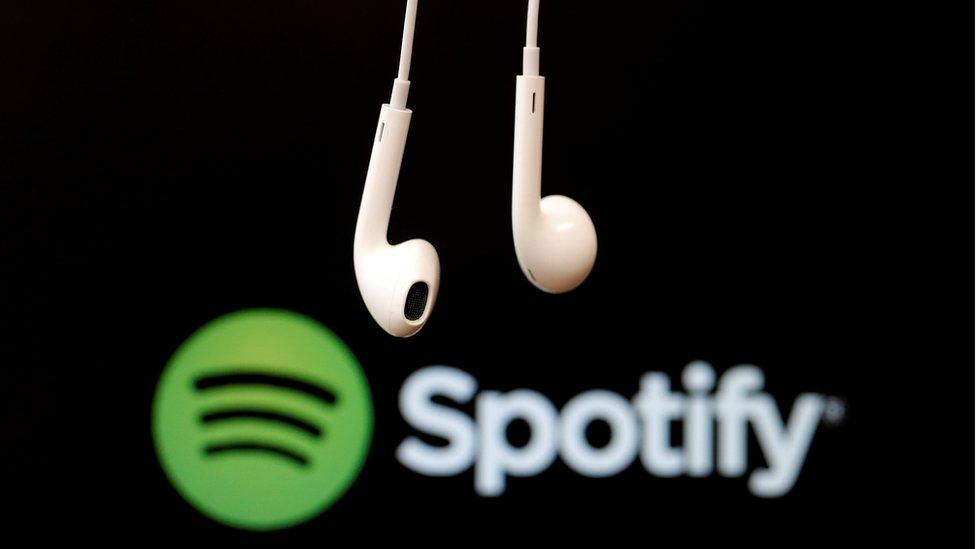Record company revenues hit new high
- Published

Revenue for UK record companies hit a five-year high in 2016, according to industry association the BPI.
Combined takings from streaming, downloads, physical sales and licensing for use in films, TV and computer games rose 5.1% to £926m.
The main contributor to growth was streaming, but vinyl revenues rose by more than two thirds.
However, more revenues could be generated by platforms such as Youtube, the BPI said.
Revenue from physical formats dipped below £300m last year, but remained just above the £274m generated by streaming services such as Spotify, Apple Music and Deezer.
Geoff Taylor, chief executive of the BPI and the Brit Awards, said the increase in revenues was encouraging, as more and more consumers enjoyed the benefits of subscribing to a streaming service or rediscovered the joys of vinyl.
"Britain's world-leading music sector has the potential for sustained growth in the years ahead, but this exciting future can only be realised if government makes creative businesses a priority post-Brexit," he added.

Rapper Big Sean and singer Jhene Aiko at a Spotify awards bash in Los Angeles in February
UK artists needed to be able to tour freely in EU markets, and UK businesses needed to be able to employ the best talent, Mr Taylor argued.
He added that strong intellectual property protections would need to be included in trade talks with third party countries.
An International Trade spokeswoman said: "Music is one of our most important exports and trade policy has a key role in supporting growth in this market.
"We will in due course explore all options in the design of future trade agreements, including the role of intellectual property rights in boosting UK exports in overseas markets."
Growing mismatch
Streaming revenues jumped more than 60% in 2016, and accounted for close to a third of label revenues.
The BPI said streaming would overtake revenues from physical sales in 2017.
However, the association added that there was a "growing mismatch between the huge value that certain digital platforms, such as YouTube, extract from music or other entertainment and the relatively small amount they return back to the creators concerned".
A YouTube spokesperson said it was working "with the music industry to bring more money to artists, labels and publishers".
She said that YouTube had paid out more than $1bn to the music industry globally from advertising in the past year.
"YouTube is contributing a meaningful and growing revenue stream for the industry."
However, many argue that the Google-owned video site should pay out far more revenue to artists and songwriters.
- Published12 February 2017

- Published4 January 2017
